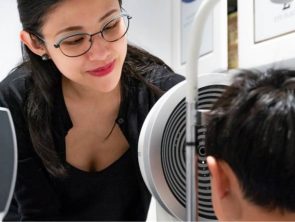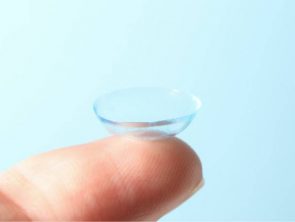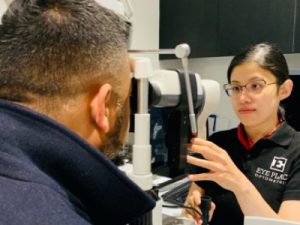 Updated 3 March 2023.
Updated 3 March 2023.
Do you regularly go to the doctor or dentist for checkups? What about the eye doctor? When it comes to preventative health appointments, the importance of eye exams is often overlooked.
Regular eye exams performed by qualified optometrists are crucial for the early detection of eye diseases and maximising your eye sight to meet the visually challenging demands of the environment today.
It is a common fallacy that unless you have unclear vision, your eyes are fine, and you do not need to visit your eye doctor. Many eye problems can be detected and remedied well before negatively impacting sight. There are several reasons regular eye exams are vital for your overall well-being.
- The Power of Prevention – Over 50% of vision loss can be prevented. Regular eye exams can have vision-saving results for children as well as adults. Do not wait until you are experiencing vision problems to have a comprehensive examination.
- Screenings are not Enough – Many parents believe the standard vision screening takes the place of a visit to the eye doctor. However, the notion is untrue. The screenings children have at school help to detect obvious eye problems and are not in-depth enough to take the place of an examination.
- Glaucoma – This invasive disease comes with no warning that your eyes are unhealthy until it has advanced to the degree that it is difficult to control. Regular eye exams that include a painless pressure test can detect glaucoma in the early stages when you have the best chance to combat the disease successfully.
- Learn About More than Eye Health – Eye exams detect significant health problems in people who believe they are in good health. Eye examinations can alert patients to severe health problems like diabetes, hypercholesterolemia, and high blood pressure are easily detected during comprehensive eye exams.
- A Myopia Epidemic – The number of children with myopia (shortsightedness) is rapidly growing. Estimates say nearly 15 per cent of kids in Australia and New Zealand have eye disease. Myopia is treatable, but the most successful treatments happen after early detection during an eye exam. If left undiagnosed and untreated, childhood myopia leads to several problems later in life—these include cataracts, glaucoma, and retinal detachment.
What Does An Eye Exam Involve?
During a comprehensive eye exam, you can expect:
- Questions about your medical history
- Visual acuity (sharpness) checks
- Prescription for corrective lenses
- Binocular vision: such as depth perception, eye alignment and eye movement checks
- Management and recommendations for dry eyes
- Assessments for colour vision if warranted
- Eye pressure checks
- Checking the front and back of the eye, including your macula and optic nerve
- Screening for eye conditions such as glaucoma, hypertensive retinopathy, macular degeneration, cataracts, and diabetic retinopathy
- Eye drops to make your pupils larger to help detect signs of other health issues
- Field of vision check
The Benefits of Early Treatment For Eye Conditions
Eye diseases are common and can have no symptoms at first, making it possible for them to go unnoticed without an exam.
Recognising vision problems early can help prevent some common eye diseases from leading to permanent blindness or vision loss. A vision exam can help detect the following eye conditions:
- Diabetic retinopathy (this conditon cause damage to the blood vessels in the back of the eye and can lead to blindness)
- Glaucoma (diseases that can damage the optic nerve)
- Cataracts (cloudiness of the lens)
- Age-related macular degeneration (a gradual breakdown of tissue in the eye that is extremely important for central vision, such as recognizing faces)
Should Children Get Eye Exams?
Though vision issues tend to appear more often in adults, children need regular eye exams too. Vision is responsible for 80% of all learning during a child’s first 12 years of life, making it crucial for children to be evaluated early and regularly for eye conditions.
Amblyopia, a condition where vision is reduced because the brain and eyes are not working together properly, is the most common cause of vision loss among children. It must be treated as soon as possible to prevent vision loss.
Myopia (nearsightedness) has doubled in 12-year-old children in Australia in just 6 years.
Keeping your child’s vision healthy can help them meet their full potential when it comes to social, emotional, and physical development.
Reasons To See Your Eye Doctor
Along with routine vision exams, it is also important to contact your eye doctor if you experience:
- Redness of the eye
- Drainage from the eye
- Eye pain
- Decreased vision or changes in vision
- Double vision
- Floaters (tiny specks that seem to float in front of your eyes)
- Flashes of light
- Black spots in your vision
- Halos around lights
What Is the Difference Between Vision Screenings and Eye Exams?
Vision screenings are quick assessments performed by nurses or volunteers to check for major vision issues or abnormal visual acuity.
These screenings usually involve identifying rows of increasingly small letters from 20 feet away. If an individual tests lower than a 20/40 level, they receive a referral to an eye professional for further evaluation and treatment.
Comprehensive eye exams are performed by optometrists and involve a an in-depth evaluation of your eye health and vision check for serious issues such as:
- Cataracts
- Macular degeneration
- Detached retinas
- Glaucoma
Receiving regular eye exams can help detect eye issues at the earliest stage when they are most treatable.
How Often Should Eye Exams Be Scheduled?
How often you need an eye exam will depend on your age, family history, health, and any symptoms you may be experiencing.
Here are some general recommendations for how often you should be evaluated by an eye doctor:
- Children should receive an initial eye evaluation by an optometrist, ophthalmologist, or paediatrician between 6 and 12 months of age
- Children should be screened at least once between age 3 and 5 to detect amblyopia or risk factors for the disease
- Children should receive regular vision and eye health screenings throughout childhood to help recognise abnormalities and ensure proper eye development
- School aged children should receive ocular alignment evaluations and vision screening every 1 to 2 years
- Individuals with diabetes should undergo a dilated eye exam every year
- Adults up to age 65 should have their eyes checked every 1 to 3 years
- Depending on family history and medical history, more regular eye exams will be recommended if there are eye conditions to monitor or look out for
- Adults aged 65 and above should have an eye exam every year
If you are unsure of whether you or a family member is due for an eye exam, please feel free to contact our team.
5 Ways to Protect Your Vision
- Get routine comprehensive eye exams
- Eat a nutrient dense diet featuring leafy greens, healthy fats, fruits and vegetables, nuts and seeds, high-quality protein, and healthy carbohydrates
- Know your family’s eye health history
- Use protective eyewear when necessary
- Wear sunglasses labelled to block out 99 to 100% of UVA and UVB rays
- Quit smoking
- If sitting in front of a computer or another screen for a long period of time, follow the 20-20-20 rule: Every 20 minutes, look away at an object 20 feet in front of you for 20 seconds
Do You Want To Schedule An Eye Exam?
Are you due for an eye exam or have questions about your eye health? Our talented, caring hardworking team would be happy to talk with you, help you set up an appointment, or answer any questions you have.
We are an independent optometry and optical dispensing practice with a full scope of services including:
- Emergency services
- Contact lenses and products
- Comprehensive eye exams
- Aviation eye exams
- Special interests in children’s vision health and myopia management
- In-office laboratory
- Prescription glasses
We would love to help protect and preserve your vision and eye health.
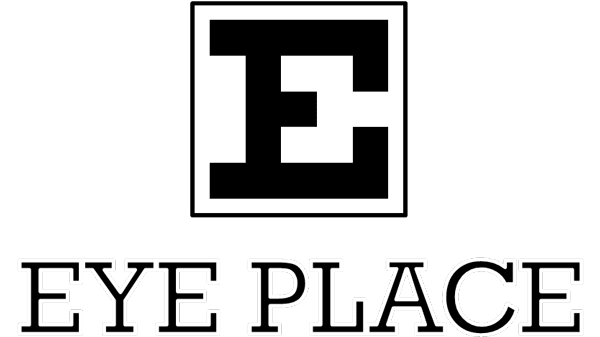
 Updated 3 March 2023.
Updated 3 March 2023.